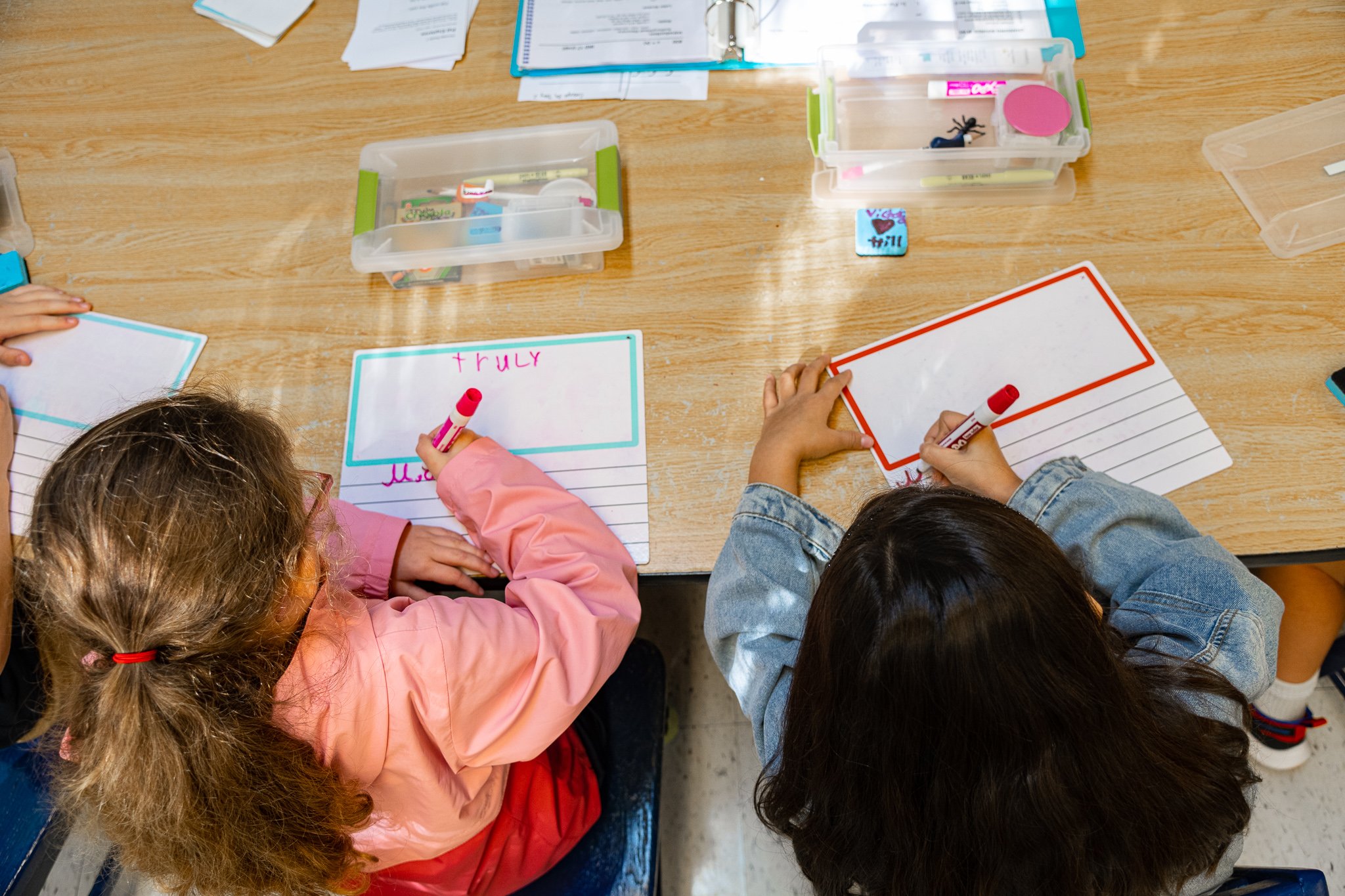
#1in5
#1in5
Dyslexia is a specific learning disability that is neurological in origin. It is characterized by difficulties with accurate and/or fluent word recognition and by poor spelling and decoding abilities. These difficulties typically result from a deficit in the phonological component of language that is often unexpected in relation to other cognitive abilities and the provision of effective classroom instruction. Secondary consequences may include problems in reading comprehension and reduced reading experience that can impede growth of vocabulary and background knowledge. (Adopted by the IDA Board, November 2002. This definition is also used by the National Institutes of Child Health and Human Development (NICHD), 2002.)
Common Signs of Dyslexia
-
Signs that a young child may be at risk of dyslexia include:
Late talking
Learning new words slowly
Problems forming words correctly, such as reversing sounds in words or confusing words that sound alike
Problems remembering or naming letters, numbers and colors
Difficulty learning nursery rhymes or playing rhyming games
-
Once your child is in school, dyslexia signs and symptoms may become more apparent, including:
Reading well below the expected level for age
Problems processing and understanding what he or she hears
Difficulty finding the right word or forming answers to questions
Problems remembering the sequence of things
Difficulty seeing (and occasionally hearing) similarities and differences in letters and words
Inability to sound out the pronunciation of an unfamiliar word
Difficulty spelling
Spending an unusually long time completing tasks that involve reading or writing
Avoiding activities that involve reading
-
Dyslexia signs in teens and adults are similar to those in children. Some common dyslexia signs and symptoms in teens and adults include:
Difficulty reading, including reading aloud
Slow and labor-intensive reading and writing
Problems spelling
Avoiding activities that involve reading
Mispronouncing names or words, or problems retrieving words
Trouble understanding jokes or expressions that have a meaning not easily understood from the specific words (idioms), such as "piece of cake" meaning "easy"
Spending an unusually long time completing tasks that involve reading or writing
Difficulty summarizing a story
Trouble learning a foreign language
Difficulty memorizing
Difficulty doing math problems
Source: Mayo Clinic
Want to know more?
Do you see signs of dyslexia in your child? Are you interested in dyslexia intervention? Whether you are a parent of a child or a teacher who is trying your best to help struggling students learn to read, we want to help. Click the button to send us an email, and get the conversation started today.


